 |
 |
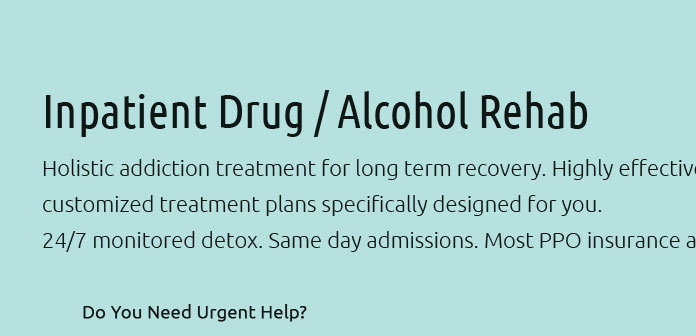 |
 |
 |
 |
||
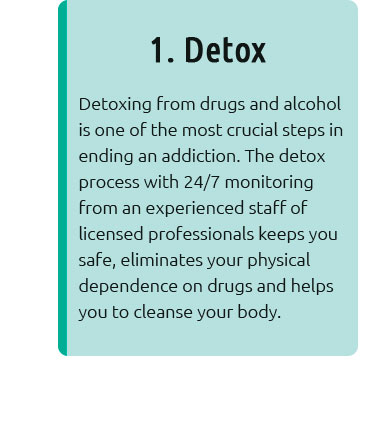 |
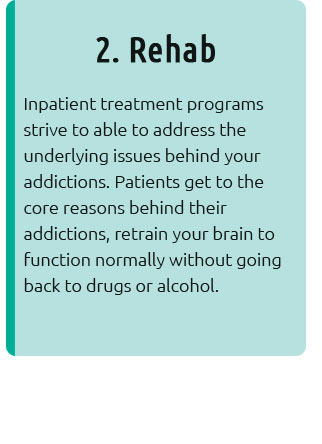 |
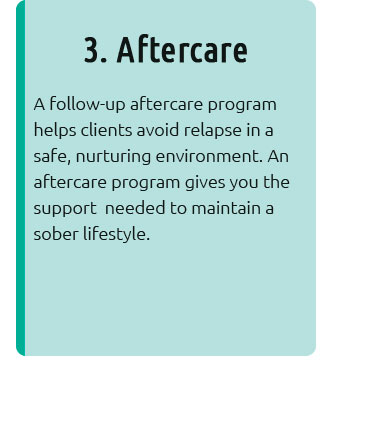 |
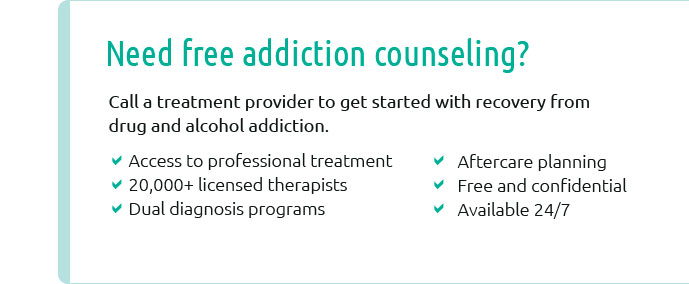 |
 |
 |
 |
||
 |
||
 |
||
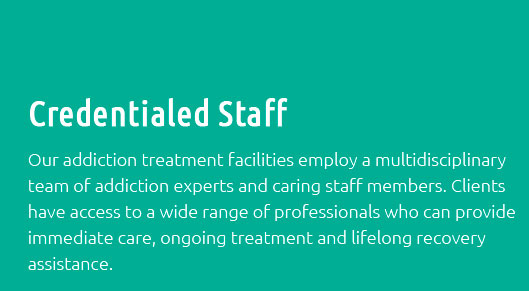 |
 |
 |
|
 |
|
|
Transform your life with our exceptional inpatient drug and alcohol rehab, where our residential substance abuse treatment program offers a sanctuary of healing and empowerment, designed to break the chains of addiction and ignite a renewed sense of purpose; here, you’re not just a patient, but part of a community that understands, supports, and guides you every step of the way, ensuring your journey to recovery is not just a possibility, but a promise fulfilled-embrace the change, embrace your future.
https://www.sciencedirect.com/science/article/abs/pii/S0376871619301875
Since 2000, there have been seven reviews of residential drug treatment studies that predominantly focused on community-based residential ... https://oasas.ny.gov/treatment/types
Treatment and recovery services exist on a continuum to meet the unique needs of every New Yorker. https://bja.ojp.gov/program/rsat/overview
The RSAT Program encourages the establishment and maintenance of drug-free prisons and jails and development and implementation of specialized residential SUD ...
|